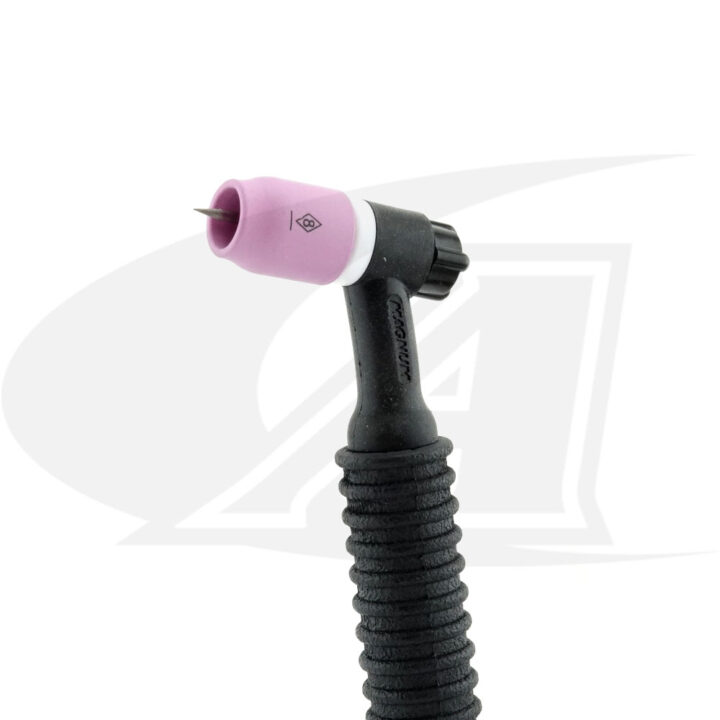MIG vs TIG Welding
Brief History
Tungsten inert gas (TIG / GTAW) and metal inert gas (MIG / GMAW) welding are both welding techniques developed in the early 1940’s in response to increased demand for weaponry. TIG was primarily developed for the aircraft industry while MIG was developed to increase the speed of weapon production.
Basics
TIG welding uses a tungsten electrode that is not consumed during the welding process. TIG welding uses argon, a mix of argon and hydrogen, or an argon and helium gas mix to provide shielding. TIG welding is recommended for materials such as magnesium, aluminum and copper alloys, and thin pieces of stainless steel.
On the other hand, MIG welding works well on steels because it is one of the fastest types of welding processes available. MIG welding uses a metal electrode that doubles as filler material for the weld and is consumed during the process. In MIG welding, argon gas is used alone or in combination with oxygen, carbon dioxide, or helium.
Benefits of TIG Welding
- Produces better quality welds
- Welder has precise control of the heat of the electrode, which causes fewer distortions
- No splatter produced
- Welds can be made with or without filler metal
- Has a lower deposition rate
Benefits of MIG Welding
- Longer welds without stops and starts increase productivity
- Cheaper welders
- Easier to learn and good for home use
- Less cleanup required
Considerations
Overall, TIG welding is more difficult than MIG welding because tighter tolerances have to be maintained between the electrode, the filler rod, and the work piece. Although MIG welding may be less complicated, TIG welding produces superior quality welds. At the end of the day, it depends what kind of welding job you need done.
Find out more information at Arc-Zone.com on:
*MIG Guns
*TIG Torches
*Gas Mixers
What are your thoughts on MIG vs TIG welding? Is there something you want to add? Share your thoughts with us below!


